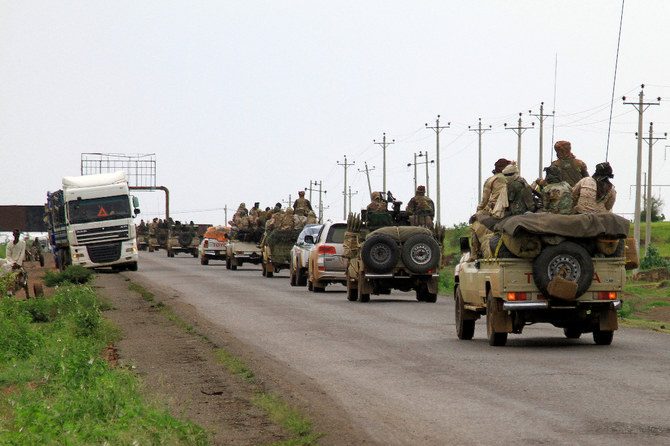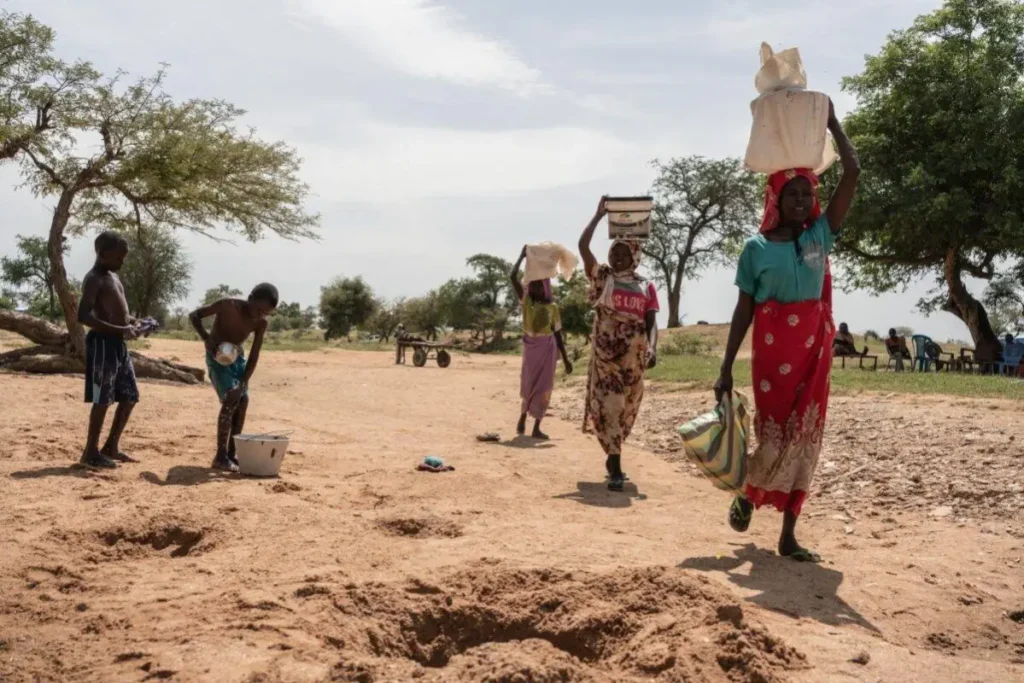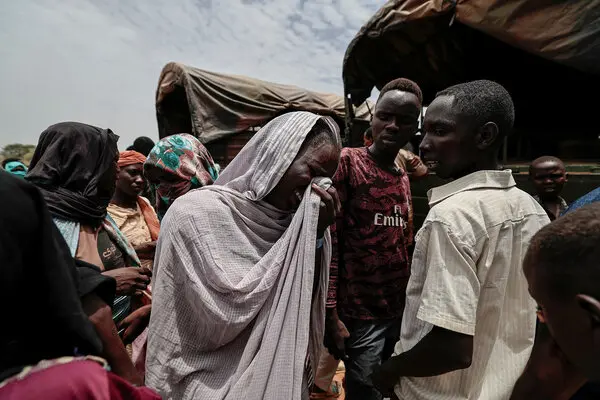
With December’s election date looming, uncertainty shrouds South Sudan’s political landscape. Despite international anticipation and local eagerness, doubts persist regarding the feasibility of conducting the nation’s inaugural elections, scheduled for December.
Since gaining independence from Sudan in 2011, South Sudan has endured a tumultuous journey toward democratic governance, hindered by persistent violence, political turbulence, economic hardship, and environmental calamities.
Following a grueling civil war from 2013 to 2018, a fragile peace accord emerged, establishing a precarious unity government led by President Salva Kiir and his long-standing rival, Riek Machar, serving as vice president. This agreement outlined a transitional period aimed at facilitating general elections.
However, numerous challenges have impeded progress, prompting concerns about meeting the December 2024 election deadline. United Nations officials, notably Nicholas Haysom, underscored the absence of essential prerequisites for credible elections, stressing the urgency to address critical issues by April.
Despite efforts to unify opposing factions and establish electoral institutions, significant obstacles remain. The incomplete integration of pro-Kiir and pro-Machar forces poses a pivotal challenge, crucial for ensuring a smooth electoral process. Moreover, institutional delays, funding shortages, and partisan criticisms have hindered the functioning of electoral bodies.
While President Kiir expresses willingness to adhere to deadlines, Machar insists on fulfilling key provisions of the peace agreement, notably the drafting of a constitution, which could significantly prolong the transition period.
Amidst these complexities, the international community, including the UN, African Union, and key sponsors of South Sudan’s independence, continues to exert pressure on political leaders to collaborate towards election preparedness.
In light of the multifaceted challenges, discussions have emerged regarding alternative election modalities, such as conducting an “abridged election” or revising transition timelines. However, consensus remains elusive, necessitating inclusive dialogue involving diverse stakeholders beyond political elites.
As the April deadline approaches, the need for decisive action becomes increasingly apparent. Failure to reach consensus risks exacerbating instability and undermining democratic aspirations.




